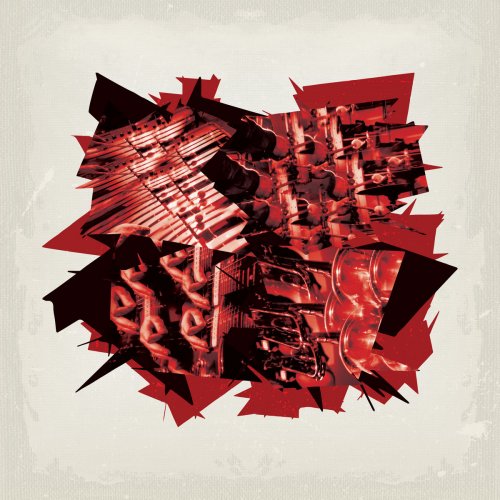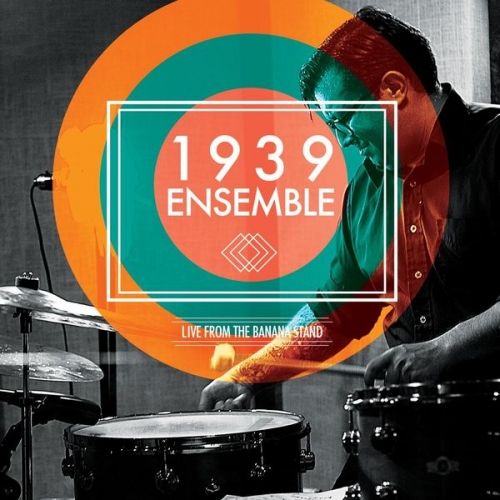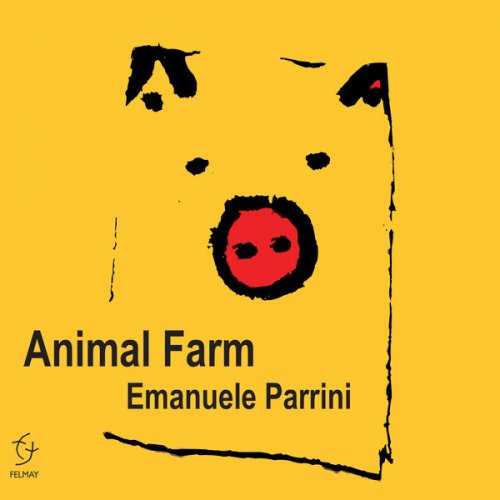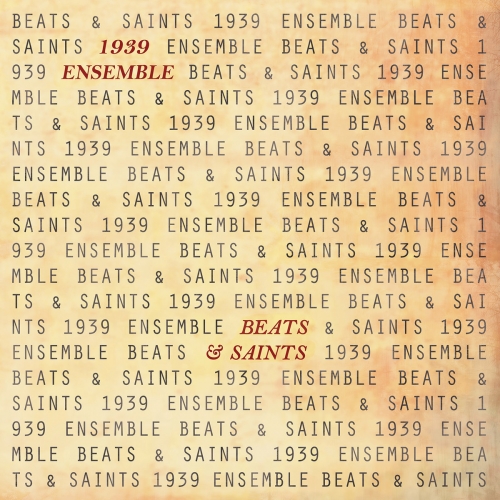Vít Muzík - In Times of Torment (2016) [Hi-Res]
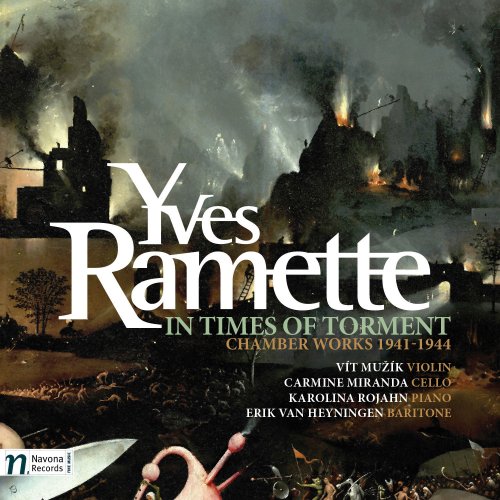
Artist: Vít Muzík, Erik Van Heyningen, Carmine Miranda, Karolina Rojahn
Title: Yves Ramette: In Times of Torment
Year Of Release: 2016
Label: Navona Records
Genre: Classical
Quality: FLAC (tracks) [44.1kHz/24bit]
Total Time: 1:01:12
Total Size: 512 / 226 MB
WebSite: Album Preview
Tracklist:Title: Yves Ramette: In Times of Torment
Year Of Release: 2016
Label: Navona Records
Genre: Classical
Quality: FLAC (tracks) [44.1kHz/24bit]
Total Time: 1:01:12
Total Size: 512 / 226 MB
WebSite: Album Preview
01. String Quartet, Op. 20
3 Poems Of Francis Carco
02. No. 1, Madrigal
03. No. 2, Amour
04. No. 3, Berceuse
Violin Sonata No. 1, Op. 18
05. I. Allegro
06. II. Andante molto sostenuto
07. III. Allegro
Violin Sonata No. 2, Op. 23
08. I. Allegro
09. II. Adagio non troppo
10. III. Allegro moderato
Cello Sonata
11. I. Plutôt lent
12. II. Moderato - Très calme
13. III. Tempo primo
String Quartet, Op. 20 is an early work characterized by fierce rhythmic energy. The composition emphasizes ensemble unisons and parallel writing to great effect, but there are also brief explorations of a more contrapuntal, choral style of writing that can be found in its more tranquil moments. The sudden, jerking changes in tempo and sections of spiraling chromatic chaos help to create an athletic composition that demands focus and cohesiveness from the entire ensemble. In the 3 Poems of Francis Carco (1886-1958), Ramettes opus 3 composed in 1944, each piece presents a different aspect of his manner of compositional writing. In the first work, the baritone sings a simple step-wise motion, in a modal style close to the Gregorian Chant, while the ensemble accompanies with post romantic harmonies. In the second piece, the gloomy text is spoken, not sung, while the piano accentuates the tragic emotion with more modernist harmonies. The last work units both facets, highlighting the use of classical melody built on top of a nontraditional harmony, one of Yves Ramettes compositional characteristics. The whole work expresses a poignant feeling. In Violin Sonatas 1 & 2 (Op. 18 and 23), Ramette displays his full understanding of the expressiveness of the violin, which is in turn bright and soaring, quiet and reflective, and forceful and energetic. The pieces are composed of distinct and colorful scenes characterized by recurring and evolving rhythmic motives in the violin supported by the full, open chords of the piano. Sonata No. 1 carries a dedication to Marcel Despard, a colleague and fellow composer. The Cello Sonata presents some characteristics of the French Impressionist Era. The work begins with a kind of cadenza, the cello sweetly playing subtle rhythms and lush harmonies, a soft whisper floating in the listeners ear. The piano, providing a contrasting timbre, responds with ambiguous chord combinations. This sonata offers a distinct voice from Ramettes previous post-romantic violin sonatas, highlighting a rubato tempo and more abstract harmonies.
![Jasna Jovićević Quinary - Simple Joy (2026) [Hi-Res] Jasna Jovićević Quinary - Simple Joy (2026) [Hi-Res]](https://www.dibpic.com/uploads/posts/2026-01/1767695610_nqoulajnbmp6o_600.jpg)
![Ronnie Kole Trio - New Orleans' Newest Sound (1970) [Hi-Res] Ronnie Kole Trio - New Orleans' Newest Sound (1970) [Hi-Res]](https://img.israbox.com/img/2026-01/07/at02iaoa1931ewox4vnvpdeb3.jpg)

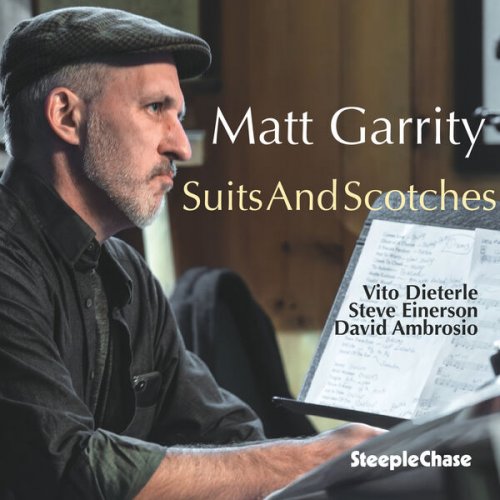
![Kris Davis - The Solastalgia Suite (2026) [Hi-Res] Kris Davis - The Solastalgia Suite (2026) [Hi-Res]](https://www.dibpic.com/uploads/posts/2026-01/1767813120_cn2fxh9eb5ntc_600.jpg)
